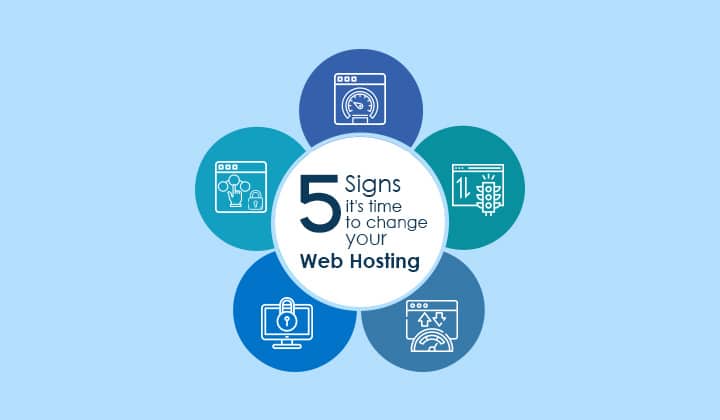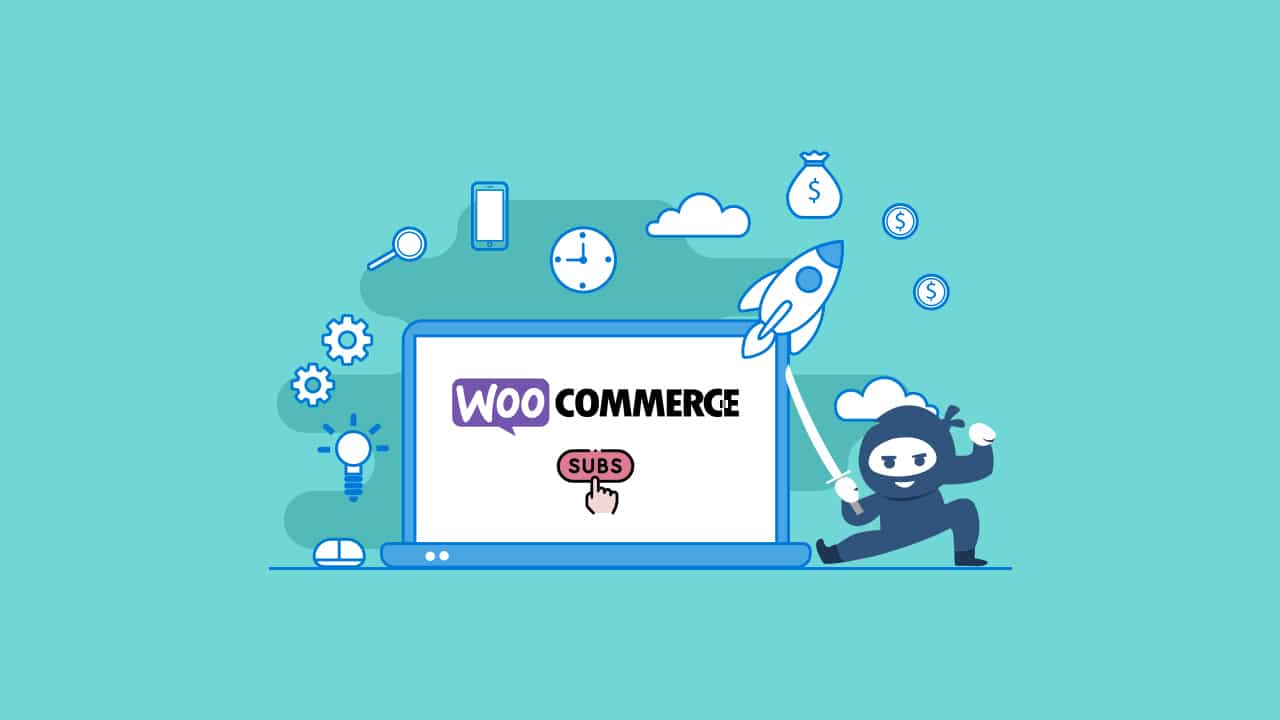Web hosting is an online service which lets you publish your web application or website on the Internet. You can think of it as the home of your website. If you want your web application or website’s presence on the Internet, you need to host it. When you buy a hosting service, the host essentially rents space on a server. The service provider allows you to use that rented space to store the necessary data and files for your website.
Types Of Hosting
There are different types of web hosting. Most web hosting service providers offer multiple types of web hosting services with plans to meet the requirements of different clients. In this article, we discuss four of the most common types of web hosting.
- Shared Hosting
- VPS Hosting
- Dedicated Hosting
- Cloud Hosting
Shared Hosting
Shared hosting is just like sharing a room in a house with housemates. It is the most common type of web hosting, suitable for beginners, blogs and small businesses. As the name suggests, the hosting service will provide you a server, shared with other clients of the host. It means all resources such as memory, disk space, and computing power are shared. However, while sharing all resources you share the cost of the server as well – so shared hosting generally inexpensive.
Shared web hosting is beginner-friendly. So, you don’t have to worry about configuration, and can focus completely on creating your website. The hosting service provider also cares about maintenance and server administration. One warning: as you are sharing server resources with many other people, traffic surges on other websites might slow down your site. So if you have a mission critical website, are preparing for a big event or PR push, or just need to guarantee your site always loads quickly, you probably want to consider a different hosting approach.
VPS Hosting
VPS (Virtual Private Server) is an improved version of shared hosting. VPSs share a server with others but also provide a separate partition for you on the server. It’s generally more expensive than shared hosting and is most suitable for medium-sized businesses and is an excellent choice for websites that require high performance and reliability.
It is the most balanced type of web hosting service. All the resources are split evenly, and no website is allowed to exceed their resource limits. Once your site exceeds your allotted resources, your site (but not the others on the server) might go down. Similarly, traffic surges on other websites won’t affect your site. Unlike shared hosting, this setup allows you to customize your server environment – another big advantage – as it gives you root access to the server and allows customization. That noted, one must have server management and technical (backend) knowledge to deal with VPS hosting.
Dedicated Hosting
With dedicated hosting, as the name implies you rent an entire physical server for your web application or site. Having a wholly dedicated server for a website site gives extraordinary flexibility. You can configure your server according to your needs. You can choose the software and operating system, and customize the entire hosting environment to your specifications.
Because the server is wholly dedicated to your website, no other website can cause security risks or hog server your resources. This makes dedicated hosting the most reliable and secure option and an edge over other hosting types. It’s most suitable for those who need complete control over their resources and have highly specialized hardware needs.
All this of course comes with a price tag. One must also have good technical knowledge of web servers to properly configure dedicated hosting, which also isn’t cheap if you need to hire an administrator. But as the saying goes, you get what you pay for.
Cloud Hosting
Cloud hosting is the latest and one of the most reliable hosting options. With cloud hosting, instead of having a physical server your site resources will be replicated on a cluster of cloud servers. If any of the servers is having a problem or busy, your site’s traffic will be automatically routed to another server in the cluster.
Normally cloud hosting comes with unmetered and reliable bandwidth with an unlimited amount of disk space. Therefore, many large businesses have turned to cloud hosting. As your virtual server is a combination of several computers, this option can provide you resources according to your site requirements. Hence, you are only charged for the resources you actually use. The downside of this approach is that costs can be difficult to estimate as traffic varies.
5 Signs To Upgrade Your Web Hosting
1. Site Performance
Speed and performance of a website are mission critical. These factors will help you achieve better search result ranking and user experience. People expect websites they visit to load in a few seconds, max. If your website is taking time while loading and not performing up to expectations, you might need hosting with better resources. Try loading your site on your mobile device through your phone’s network – if it doesn’t load quickly, you should consider an upgrade.
2. Too Much Traffic On Your Site
An increase in your website’s traffic is certainly good news, but you must be prepared for that spike. Shared hosting is suitable for websites expecting low traffic. If you have a big event coming up or anticipate a news story or your content to go viral, it would be a wise decision to upgrade your hosting.
3. Frequent Slowdowns & Downtime
The importance of websites uptime is obvious. If visitors can’t visit your site the first time they try, they might never try again, and the impression it gives is unprofessional. It’s fair to expect 99.9% of uptime and quick load speeds from your web host. If you’re not getting that, it’s time to upgrade your hosting plan to include better resources and support.
4. Security Issues
The best hosting provider will secure your website as much as possible. However, no hosting platform is 100% secure regardless of the plan you choose. And your site might get attacked by viruses if you don’t take active steps to protect it. Be vigilant when it comes to the security of your site, and always take necessary measures to secure your website against malware and viruses. As your site grows, you can avail yourself of advanced security features offered in non-sharing hosting plans. It’s always a good idea to proactively ask your hosting company and developer about site security.
5. Resources Restricted
As you add more content in your website, your website grows. It generates more user activity and gains traffic. Therefore, you need more disk space and other server resources to run your site smoothly. If you don’t have access to these resources (say on a shared plan), you may have to upgrade.
Conclusion
Can you reach your hosting company easily 24/7? If not, you should think about upgrading to a premium managed host with exceptional support, such as Cloudways, WP Engine or Pressable. To get a clear picture about hosting services, check out our informative blog on Top 5 Hosting Companies Compared.
We’d love to hear if you found this article useful. Please comment below with your thoughts so we can continue to create helpful posts. If you need any assistance with migrating your hosting, don’t hesitate to drop us a line here or through our contact form and one of our Ninjas will be in touch ASAP.




1 thought on “5 Signs It’s Time To Upgrade Your Web Hosting”
Hats off to your clarity! It is really an amazing piece of content in favour of all the internet users. I really love the way you provide info in this article.